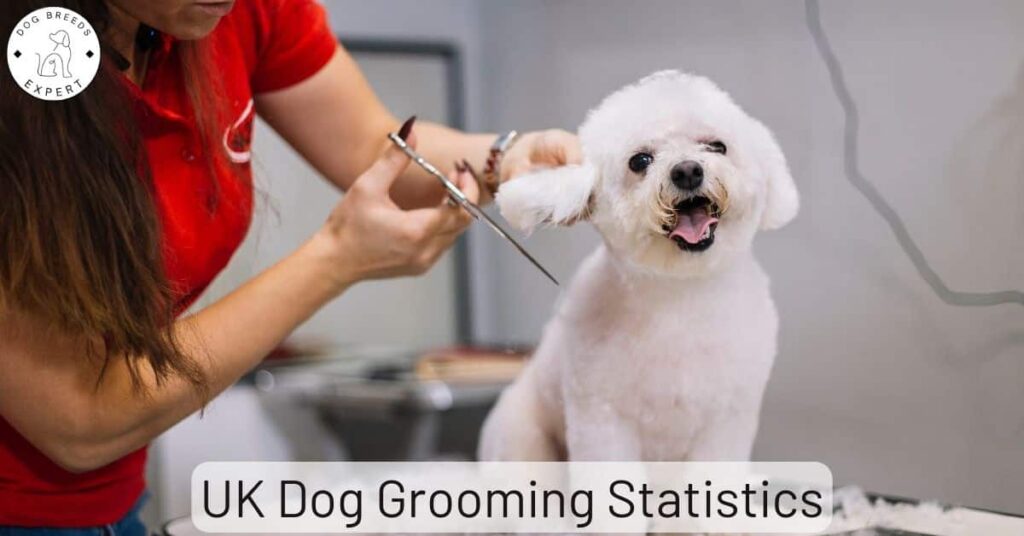Purebred or Crossbred Dog
– Thank you to Deinah Storm for this guest article.
Author’s bio can be seen at the bottom of this post.
There’s a list of factors you need to consider if you want a dog in your house. And on top of this list is whether you should get a purebred canine or a crossbred one.
Both types of dog have their respective merits and drawbacks, and knowing these traits can help you decide which one to choose. So we jotted down some of them below to help you out.
Purebred or Crossbred Dog – Health

It’s fairly well-known that crossbred dogs are healthier and more resilient to diseases than their pedigreed cousins. This is primarily due to the genetic diversity crossbreeds enjoy.
Pedigree canines are produced via inbreeding, increasing their chances of having chromosomal mutations and genetic defects and raising the possibility of them being born with deformities, diseases, and other complications. For example, the Cavalier King Charles Spaniel is prone to have syringomyelia, hip and knee disorders, and other genetic-related diseases.
Crossbred dogs are the result of mating canines of two different breeds, allowing them to have a bigger gene pool that would enable them to get the best traits of their parents. That’s why some people also label crossbreeds as designer dogs, although the same can be said for purebreds. Many of them also tend to be better and stronger looking than their purebred counterparts since their genes are much more stable. And since they are more genetically diverse, crossbred female canines tend to reproduce equally healthy puppies as well.
It is important to know what breeds your dog has, especially if you want to ensure their health. Luckily, there are DNA test kits for dogs; you just have to Google for a dog DNA test that is available in the market.
Purebred or Crossbred Dog – Cost

It’s common knowledge that pedigreed canines, especially rare ones, can be really hard on your budget. So if you want to own one, then better be prepared to shell out some big bucks. And you need to set aside a significant amount of your money for maintenance purposes, too!
On the other hand, crossbreeds come at more reasonable prices (although certain crossbreeds can be just as expensive as purebreds, too). Some of them don’t even cost that much; just go to the nearest animal shelter (where there are lots of crossbreed dogs), take your pick, pay for the adoption fees and miscellaneous expenses, and you’re good to go.
And since they’re healthier and less prone to diseases, you won’t have to spend too much on vet appointments and medicines.
Purebred or Crossbred Dog – Predictability

Purebreds, though, have a specific set of physical traits, such as size and type of hair, that you can always count on. You’ll always know what to expect whenever you’re bringing one home.
And due to centuries’ worth of breeding, pedigreed canines also retain certain temperaments. For instance, Jack Russell terriers and poodles are known for their tendency to be hyperactive, while pugs and Basset hounds are better behaved.
In contrast, crossbred dogs tend to be more unpredictable. Due to their mixed genes, you can’t correctly calculate their growth rate. Thus, you’ll feel a level of uncertainty as to how large your canine will get when fully grown. Another thing you’ll worry about is their temperament and behavior.
Crossbreeds aren’t necessarily unruly and untrainable, but it will definitely be harder for you to determine how they’ll respond in some situations. For example, a cross between a Chihuahua and a Shih Tzu can either be aggressive (like the former) or friendly (like the latter) whenever it meets new humans.
Purebred or Crossbred Dog – Social Stigma

Cross breeding dogs have always been a topic of controversy. To this day, the practice meets widespread opposition from many breeding groups as well as from the general public. The recent rise in popularity of crossbreeds didn’t help that much either.
Many dog-loving organizations still have strong preferences for purebred canines, barring crossbred ones from participating in their contests and other events. Some breeds are even banned from traveling on many airlines across the globe!
Nevertheless, things are starting to change. As more and more people see the adverse effects inbreeding has on canines, even the staunchest advocates for pedigreed pets are beginning to soften their views on crossbred dogs.
And with the costs of buying and taking care of purebred dogs rising, demand for equally adorable albeit crossbred dogs is poised to spike in the near future.
Wrapping Up
So back to the main question: Should you get a purebred canine or a crossbred one? The answer is entirely up to you. Just make sure you get the right dog, one that will add value to your life. What is your opinion of purebred and crossbred dogs? Which of the two do you prefer? Kindly share your thoughts with us!
Author’s Bio

This guest article was written by Deinah Storm – a pet lover from the US that’s had cats and dogs all her life. When she’s not walking the dogs with her family, she spends time writing informational and interesting blogs about pets to share with pet lover communities.


